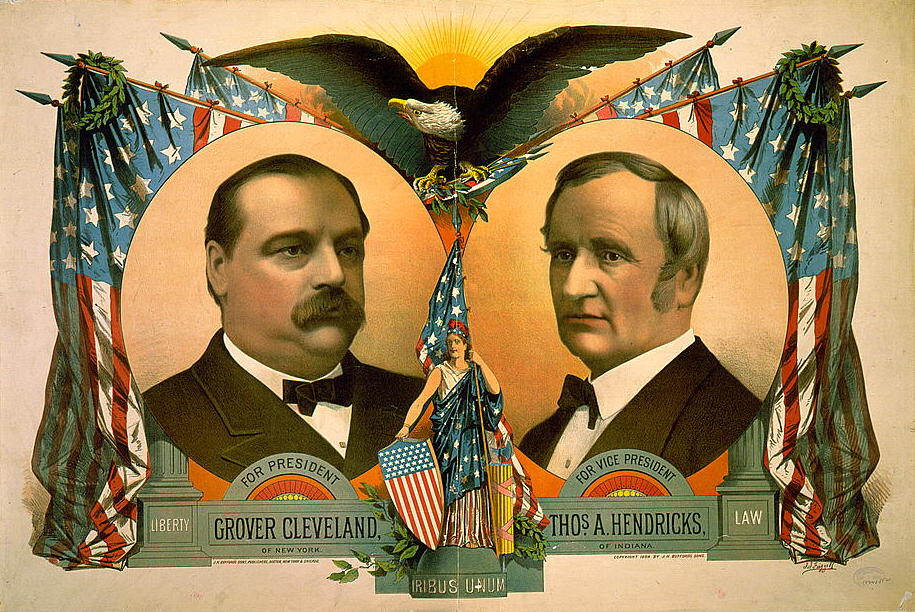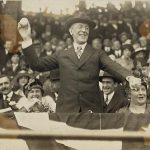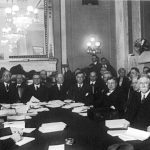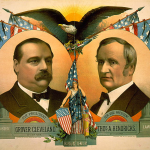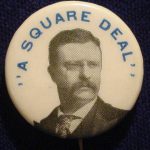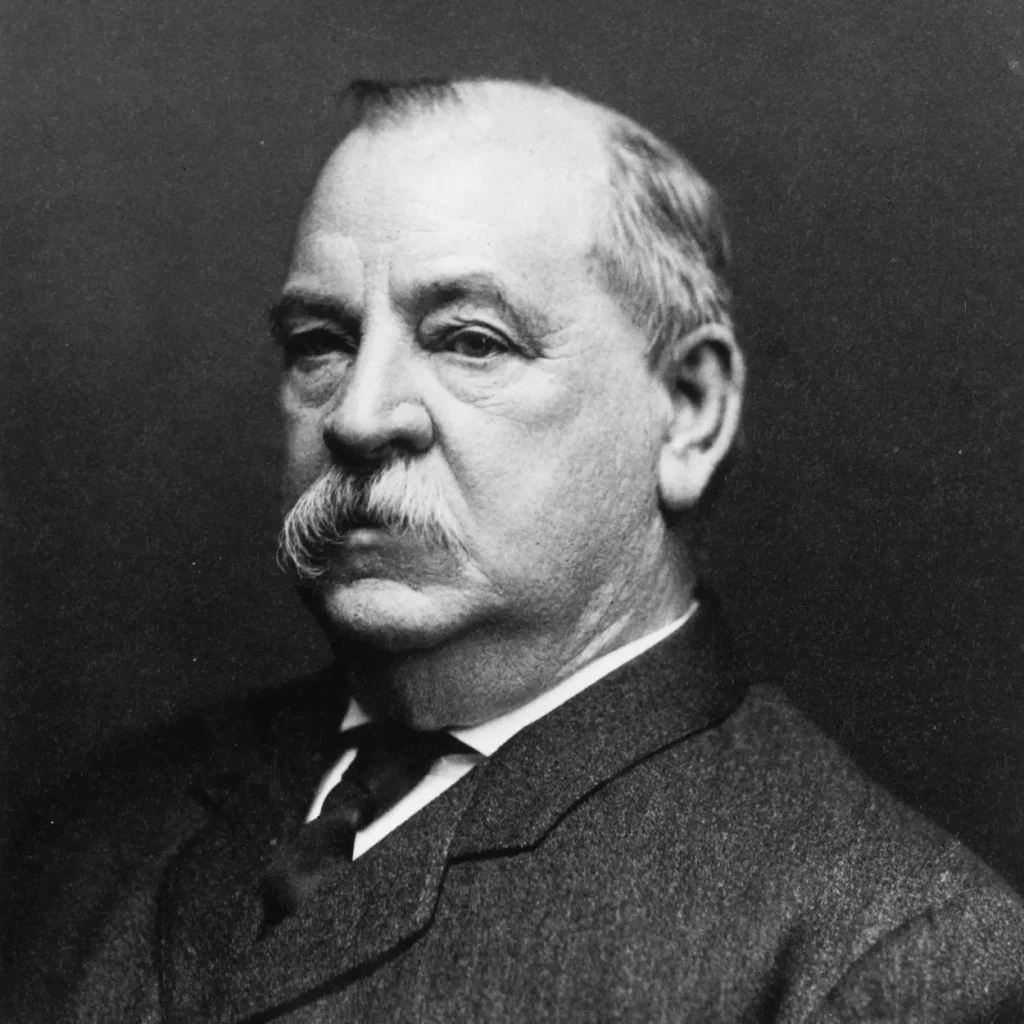
Sources:
https://www.whitehouse.gov/about-the-white-house/presidents/grover-cleveland/
https://millercenter.org/president/grover-cleveland/key-events
As the second part in this series, this post will be covering the presidency of Grover Cleveland. He was unique in that he served two nonconsecutive terms from 1885-1889 and 1893-1897. Although that detail may be the only thing he is remembered for by many people, his presidency was eventful and was a reflection of the political thinking at that time.
In his first term, Cleveland promised to stick to “business principals,” and was the first Democratic President since James Buchanan (“Grover Cleveland”). His business-minded ideology was indictive of the time period, the Gilded Age. Vice President Thomas Hendrick dies and short after Cleveland signs the Presidential Succession Act which clarified the line of succession which was in place until 1947 (“Grover Cleveland”). This important piece of legislation ensured the continuity of government. The State of Liberty was dedicated during his presidency, Cleveland married 21 year old Frances Folsom, and he signed the Dawes Act which was a failure (“Grover Cleveland”). The marriage to Folsom to this day is seen as a disturbing yet unknown fact. The Dawes Act is seen as a failure of the administration due to it significantly reducing the amount of land Native Americans had. To close out, Cleveland appointed Lucius Lamar and Melville Fuller to the Supreme Court and vetoed bills such as the Texas Seed Bill due to him seeing it as an unwarranted increase of federal power (“Grover Cleveland”). The nominations of the justices allowed Cleveland’s policies to be within the court for years to come and the vetoing of bills such as the Seed Bill showcased his small-government views. Finally, Cleveland signed the Chinese Exclusion Act which restricted immigration from China into the country (“Grover Cleveland”). This piece of legislation remains as a dark point in American History. In the closing days of his administration, Cleveland creates the Department of Agriculture and signs a bill which adds 4 states to the union (“Grover Cleveland”). These actions are still with us today.
The RNC nominated Benjamin Harrison for President, grandson of President William Henry Harrison and Levi Morton for Vice President while Cleveland regained the DNC nominated along with Allen Thurman as his Vice President (“Grover Cleveland”). This election would be one of the most tense. Cleveland won the popular vote by 40,000, yet Harrison won the Electoral College 233 to 168 (“Grover Cleveland”). Cleveland tried to push for tariff reform, but his poor campaigning in the election led to that message loosing to Harrison’s protectionist policies (“Grover Cleveland”). This election was one of the few times in history where a candidate lost the popular vote but won the electoral vote. It was tense but set up Cleveland for his second term.
Upon Cleveland’s return in 1893, he withdraws the Hawaiian annexation treaty, tries to defend the gold standard, and presided over the Panic of 1893 all within several months (“Grover Cleveland”). Cleveland’s withdrawal of the treaty slowed down American expansionism. Populism was rising, with Jacob Coxey leading 400 members to march on Washington (“Grover Cleveland”). The Pullman railway strikes occurred, the Wilson-Gorman Tariff Bill was signed, the Cuban revolt begins, the Republic of Hawaii is recognized, and Utah becomes a state (“Grover Cleveland”). This rapid succession of events showed the pick-up of the labor movement, along with higher taxes and the setup to the Spanish American War and the annexation of Hawaii. The addition of Utah makes the amount of states added during his presidency up to five.
Afterwards, William McKinley would become president. His assassination would lead to Teddy Roosevelt’s president and the beginning of the Progressive Era of American politics. Cleveland’s presidency included many of the themes prevalent during the Gilded Age, along with some dark moments. In the end, his actions as the President shaped America for years to come.

